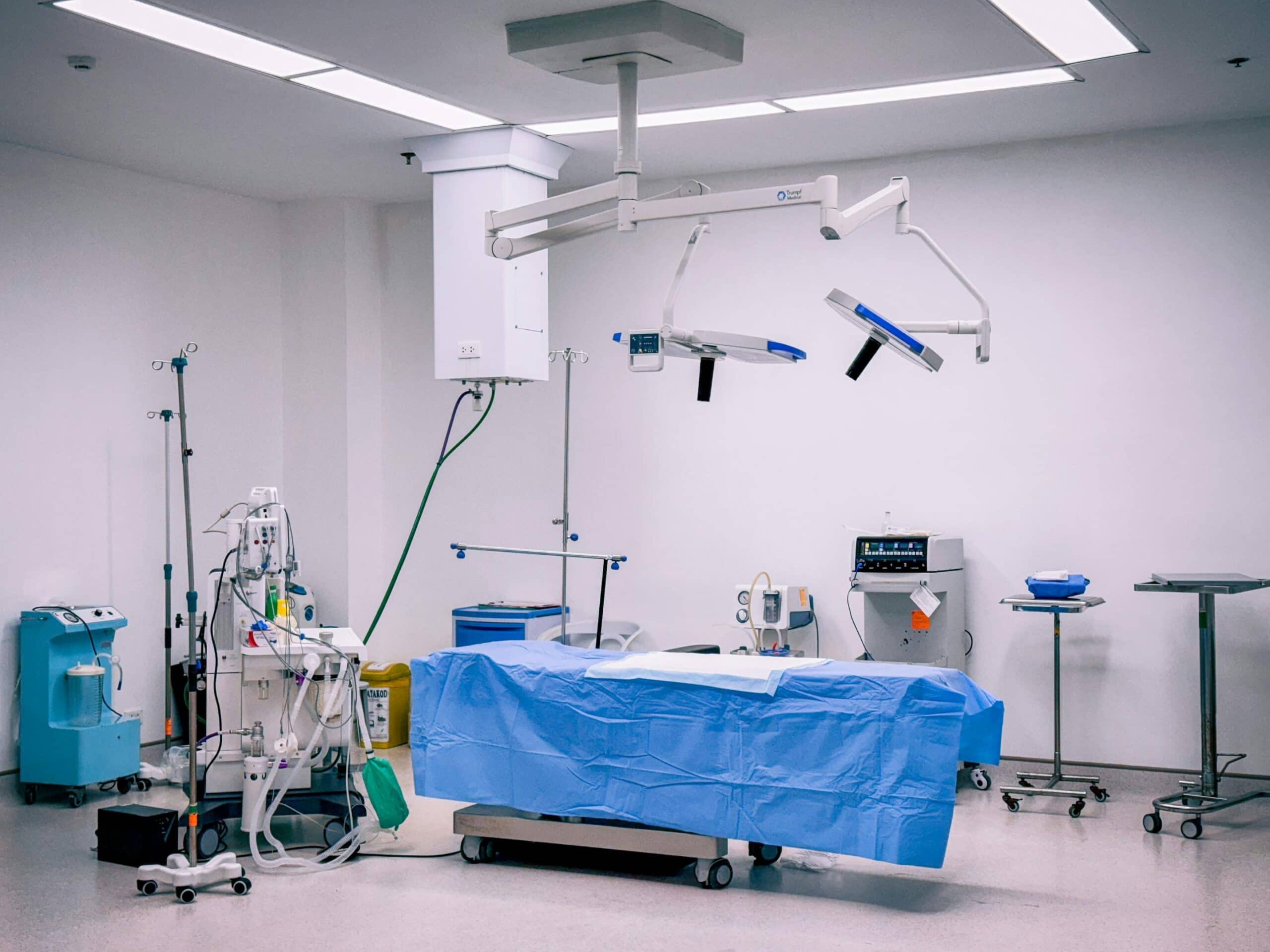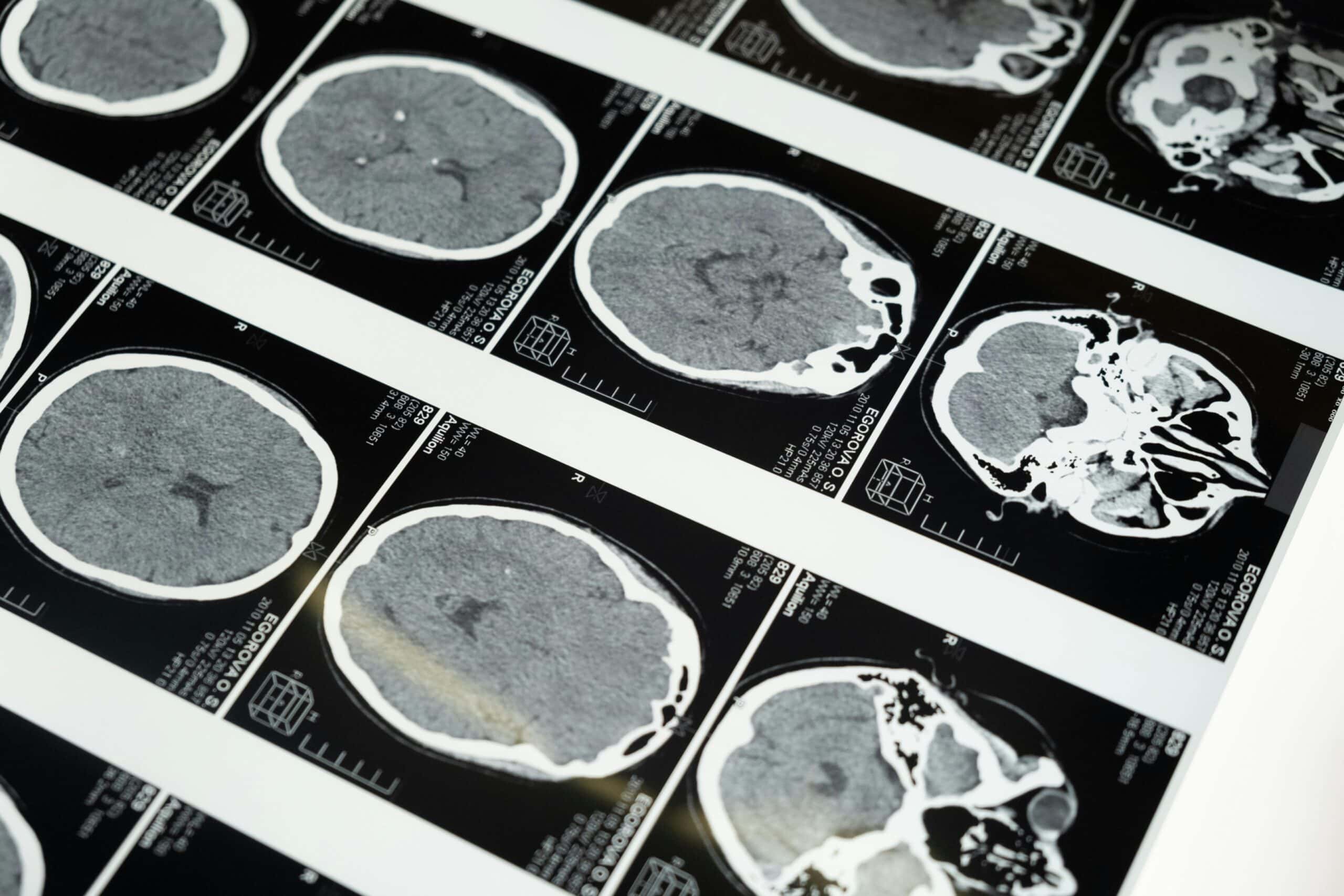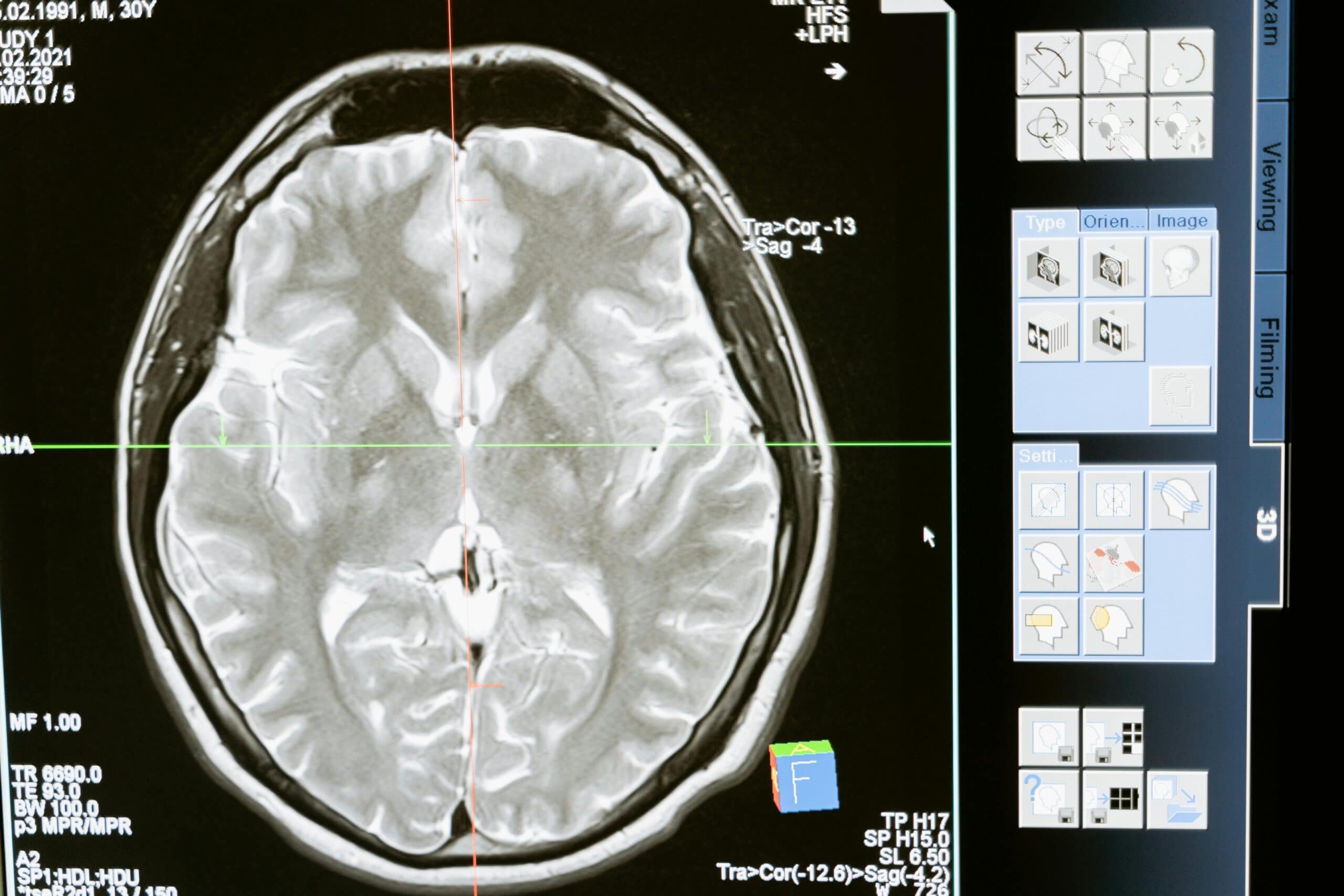The terms ‘traumatic brain injury’ and ‘brain damage’ are often used interchangeably. However, these terminologies hold different meanings.
A traumatic brain injury results from an external force, a trauma, such as a blow to the head in a slip and fall accident. Such an injury causes an alteration in brain function or other brain pathologies. On the other hand, brain damage results from a non-traumatic brain injury due to internal factors, such as a lack of oxygen, a tumor, brain diseases (meningitis), a stroke, etc.
Here’s a closer look at the differences between traumatic brain injury and brain damage, so if you’re ever caught in a reckless situation where someone else is at fault, you know what to do!
Difference Between Traumatic Brain Injury and Brain Damage
Traumatic Brain Injury
Car accident victims who suffer head injuries are often diagnosed with traumatic brain injury caused by a severe blow, bump or jolt to the head, often in motorcycle accidents and slip-and-fall cases. In other words, it results from a brain trauma that disrupts brain function.
It can range from mild to severe, leading to short-term and long-term problems in brain motor functions.
Recent statistics indicate that every year, 80 to 90 thousand people suffer traumatic brain injuries and become disabled in the US. The affected accident victims may lose their quality of life, struggle with everyday activities or become unable to work.
Some consequences include developing a vegetative state, cognitive deterioration, locomotive disorders, several behavioral problems, etc.
A traumatic brain injury can result in a significant reduction in your quality of life. Perhaps you will struggle to take care of yourself daily. You may be unable to work at the same job you had before the accident.
Brain Damage
A non-traumatic brain injury also called acquired brain injury, causes brain damage due to internal factors, such as a stroke, lack of oxygen supply, tumor, near-drowning, etc.
Most traumatic brain injuries lead to personal injury cases. However, only a few brain damage types, such as medical malpractice, where a doctor fails to diagnose someone, lead to a personal injury claim. Therefore, receiving the right diagnosis is crucial to litigating a claim.
The Right Diagnosis is Crucial to Your Personal Injury Claim
Any individual who suffers from a brain injury due to an accident has the right to compensation. And for this, you need to have a TBI diagnosis indicating the accident as the reason for a brain injury. The right diagnosis showing your injury is related to TBI and not brain damage can make a difference to your claim.
Therefore, it is best to hire a personal injury attorney to assist you through this difficult time. A personal injury lawyer ensures the diagnosis is made correctly and documented to present it to the insurance company or court.
Brain Injury Claims are Complex-Contact the Bourassa Law Group!
Personal injury cases involving brain injuries are extremely complex. The insurance companies will do everything to prove that your brain injury does not result from the crash to reduce the settlement amount.
The fight between getting a fair settlement and resolving for a smaller amount in a brain injury case largely depends on understanding the difference between traumatic brain injury and brain damage. An expert attorney experienced in personal injury cases can help you secure a settlement.
If you or your loved one is in such a situation, contact the Bourassa Law Group. The expert personal injury lawyers at the Bourassa Law Group have immense experience dealing with brain injury cases and will fight until you get the fairest compensation for your damages.
Call us at (800)870-8910 for a free consultation!





